Banking secrecy remains a business model for Swiss banks

Swiss officials have discovered CHF9 billion ($10billion) in embezzled Venezuelan public funds spread across hundreds of bank accounts. One in eight Swiss banks is caught up in this latest scandal, which some experts say shows up the failure of the anti-money-laundering mechanism put in place by Switzerland.
Once a prosperous oil-producing country, Venezuela is now one of the poorest nations in Latin America: 96% of the population lives in poverty, according to the 2019-2020 National Survey of Living Conditions.
While ordinary people are suffering, Venezuela’s newly wealthy – known as the “bolibourgeoisie” – continue to live it up. Thanks to their close ties with the regime of former President Hugo Chávez, who died in 2013, they have lined their pockets with public funds, and many are now enjoying a gilded retirement abroad. To commit their misdeeds, they overwhelmingly made use of the Swiss financial marketplace.
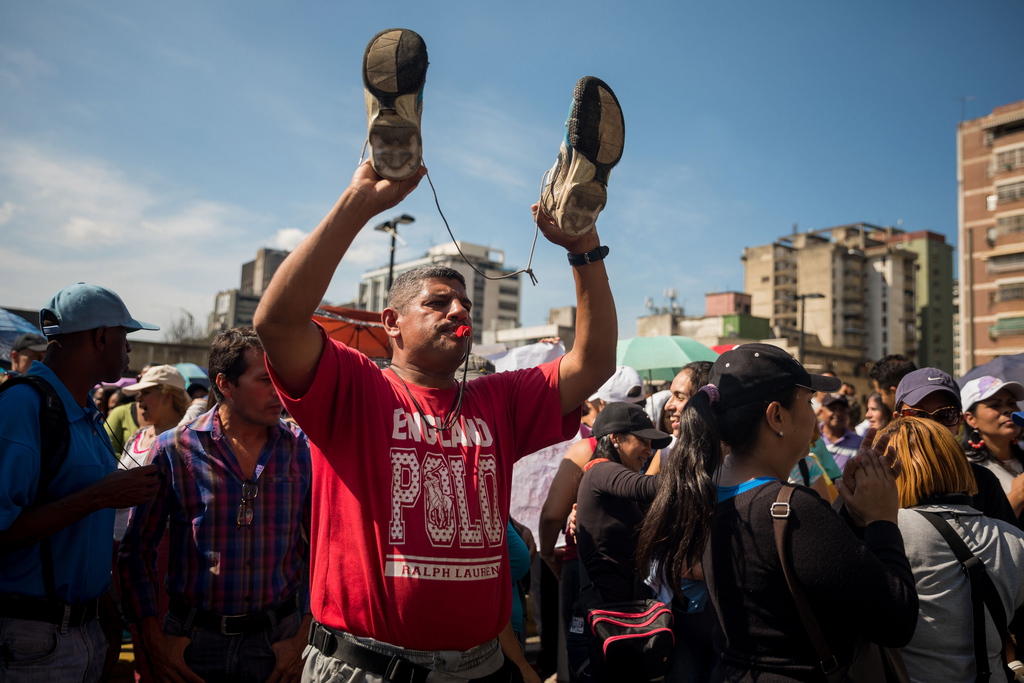
More
Venezuelan ex-minister hoarded money in Switzerland
One in eight Swiss banks implicated
Disclosed by the Tribune de GenèveExternal link in mid-January, investigations undertaken by the Zurich police reveal the scale of the plundering. Prosecutors have identified suspicious flows amounting to some CHF9 billion. According to the Tribune de Genève, the money is spread across hundreds of accounts opened in around 30 Swiss banks. One in eight Swiss banks is thus involved in the scandal.
These colossal sums – only a few hundred million francs of which have so far been blocked by the courts – enabled the holders to acquire extravagant collections of luxury watches, villas, yachts and racehorses.
Senior Venezuelan officials, including former finance minister Alejandro Andrade, were bribed directly via a Swiss account now under investigation. Andrade was sentenced to ten years’ in prison in the US, after confessing to receiving nearly $1 billion (CHF895 million) in kickbacks.
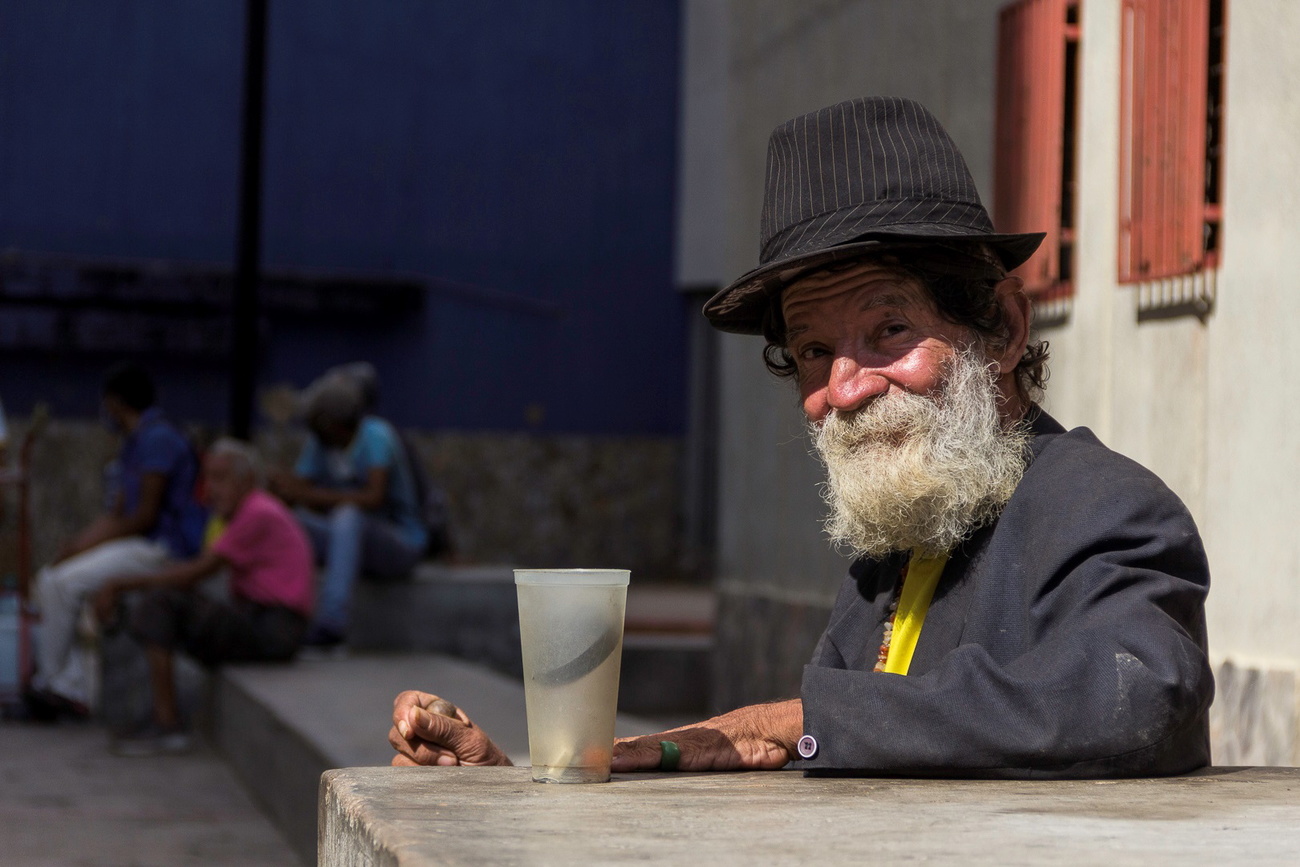
Venezuelan money – a high-risk affair
Despite its magnitude, this new case involving Swiss banks does not surprise economic crime specialists.
“It’s infuriating, but some Swiss banks continue to do as they please. Switzerland remains a money-laundering paradise,” laments Mark Pieth, criminal law professor and expert in international corruption.
The banks should have shown extra caution in dealing with Venezuela. “Some Swiss banks were implicated in past cases of misappropriation of Venezuelan public funds,” adds Pieth, who has also acted as an anti-corruption adviser for world football’s governing body FIFA.
Thus, millions stemming from the corruption scandal around the Venezuelan state-owned oil company (PDVSA) passed through the Swiss government. “Accepting money from a failed state like Venezuela is a professional folly. It is obvious that anyone who does so is colluding with a corrupt regime,” Pieth said.
Nonetheless, Swiss banks continue to take significant risks. This demonstrates the failure of banking supervision, according to Pieth. “The Swiss financial marketplace is one of the most powerful in the world, but our monitoring system is ineffective. Yet we should be capable of putting in place proper oversight.”
He says part of the problem lies with FINMA, the Swiss financial sector’s supervisory body. It can warn banks of the risks they are taking, but the decision to accept a customer is ultimately up to the bank. “It’s like asking casinos to identify gambling addicts. The bankers’ job is to make money,” Pieth says.
Weak penalties
Swiss aid agencies and NGOs have also been denouncing the “zebra strategy” of the Swiss financial centre for several years. This will now only accept clean money from rich industrialised countries, but it continues to be a black box for developing countries, which often have no hope of obtaining tax information through administrative assistance processes.
And the penalties imposed are unlikely to discourage risk-taking. According to the Swiss human rights NGO Public Eye, the anti-money-laundering mechanisms set up are not a sufficient deterrent.
“The courts still have great difficulty in tracing the chain of responsibility. The people at the top too often get away scot-free, claiming they knew nothing about it,” says Adrià Budry Carbó, an investigator at Public Eye.
According to Public Eye, FINMA should be tougher and make use of the various tools available, for instance barring incriminated bankers from operating or withdrawing banking licences from offending institutions.
Flawed anti-money-laundering act
The legal arsenal for fighting money laundering is insufficient, according to anti-corruption NGO Transparency International.
“Too many banks do not respect their due diligence obligations and do not fulfil their duty to report their suspicions to the authorities,” says Martin Hilti, director of the NGO’s Swiss section.
Hilti also considers the Money Laundering Act to be flawed: “It is too narrow in scope.”
The same criticism is voiced by the international community, via the Financial Action Task Force (FATF). In its current form, the law governs only the activities of financial intermediaries. Lawyers, for example, are not subject to it.
The Swiss parliament, however, does not seem inclined to align itself with international standards. Parliamentarians, in their ongoing review of the Money Laundering Act, have refused to extend its scope to lawyers. Even so, the draft revision might well be rejected at the next parliamentary session.
“The government and parliament are using salami tactics. They are doing the bare minimum to avoid criticism from other countries, and even this modest revision is contested,” Hilti says.
A business model in need of review
“It is not the first time, and nor will it be the last, that Swiss banks are at the heart of a money-laundering scandal,” regrets Sergio Rossi, economics professor at the University of Fribourg.
In his view, nothing has changed since the introduction of the automatic exchange of information in 2018. The problem is not the law itself but its application. “It is up to the banks to report suspicious cases to the government, but they often do not do so, for fear of losing high net-worth clients,” he explains.
Since 2016, Swiss banks have reported CHF12 billion to CHF17 billion a year in suspicious assets to the Money Laundering Reporting Office-Switzerland (MROS).
“Compared with the total sum of CHF3 trillion deposited in Swiss banks, this is peanuts. With this, the banking sector shows that it is cooperating, but the cases that bring in the most money often go unreported,” Rossi says.
Ecological shift
Rossi is convinced that “banking secrecy still exists and remains a business model”. While he believes that the new generation of bankers has a keener ethical awareness, the bankers are clearly under pressure, and the fear of losing their bonuses – or their jobs – pushes them to take risks.
“The Swiss banking centre is afraid of losing a competitive advantage over its rivals,” he says.
Rossi is thus calling for radical change. He believes that Swiss banks should become more eco-friendly and really invest in sustainable finance. “The profitability of the financial sector would drop over a few years, but in the long term we would come out on top.”
The Swiss Bankers Association (SBA) declined to comment on the specific case of the embezzlement of Venezuelan funds involving Swiss banks. However, it stresses that strict laws and regulations exist against money laundering.
“For our country, as a world leader in international asset management, combating money laundering is a top priority. We must therefore continue to develop and improve our defensive measures,” the SBA replied in writing.
The banks also support the revision of the Money Laundering Act under discussion in parliament. In the SBA’s view, money laundering is a global problem. “It cannot be dealt with by a single country or a single bank acting alone. International cooperation is therefore also key in putting an end to money laundering.”

In compliance with the JTI standards
More: SWI swissinfo.ch certified by the Journalism Trust Initiative








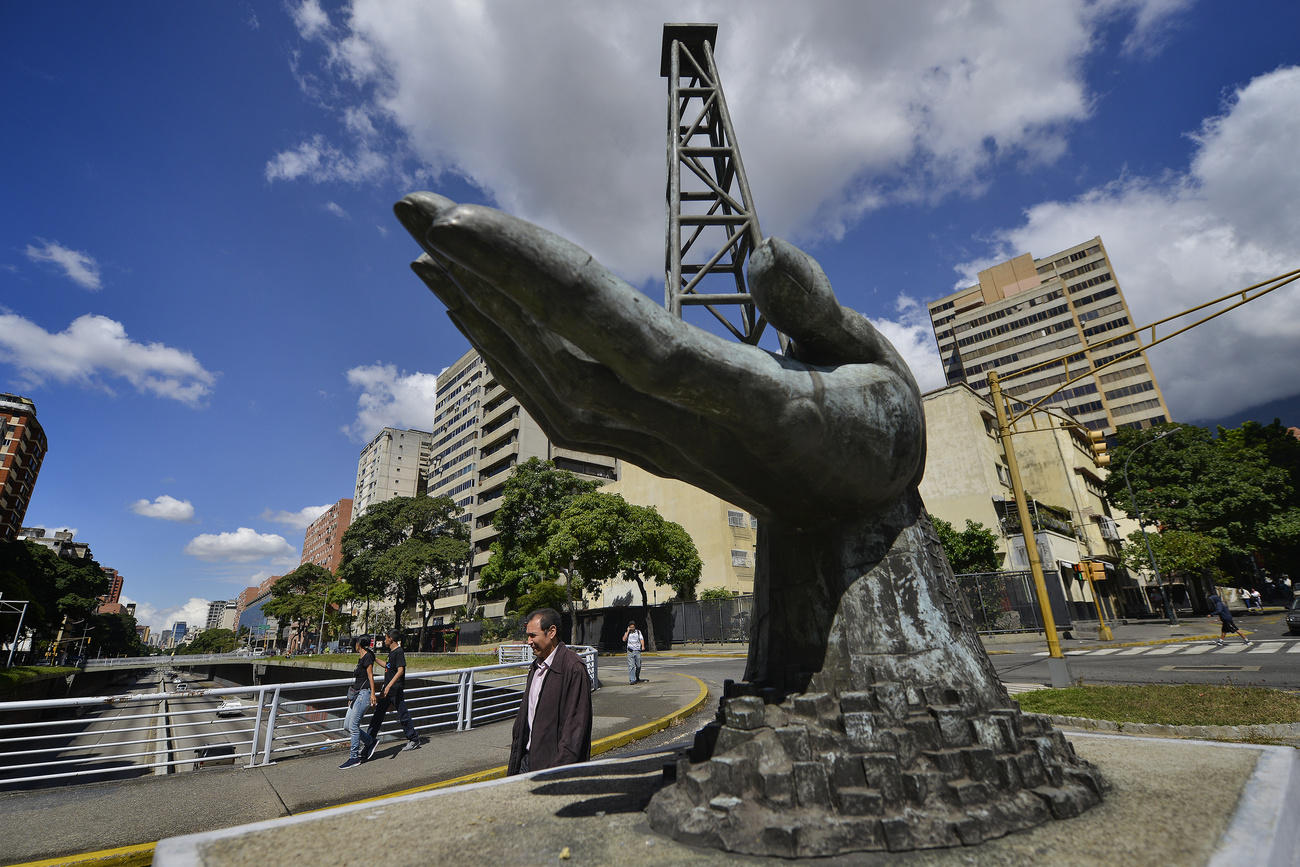

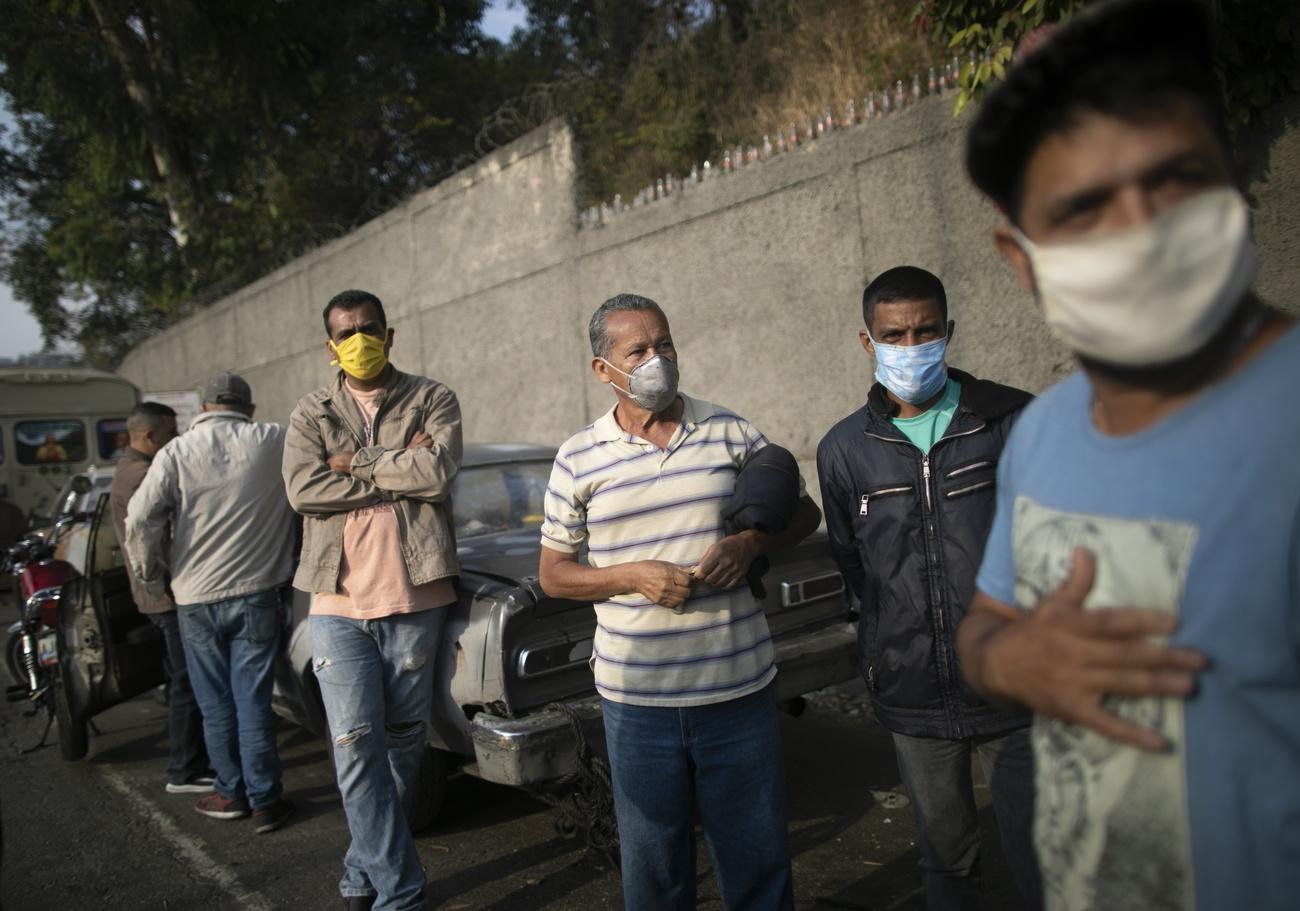
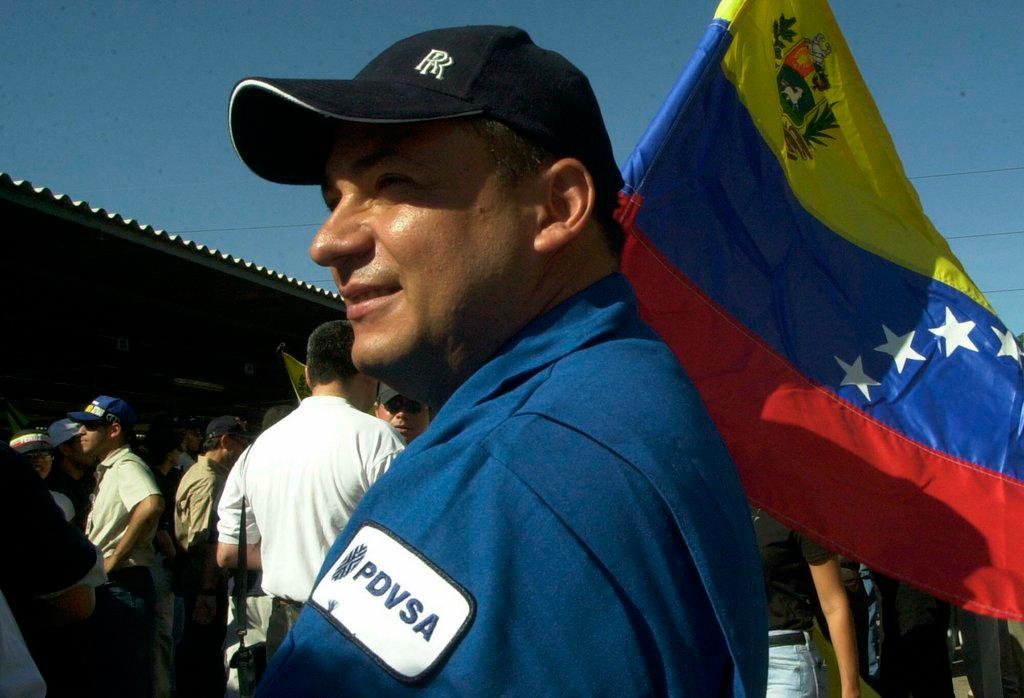
Join the conversation!